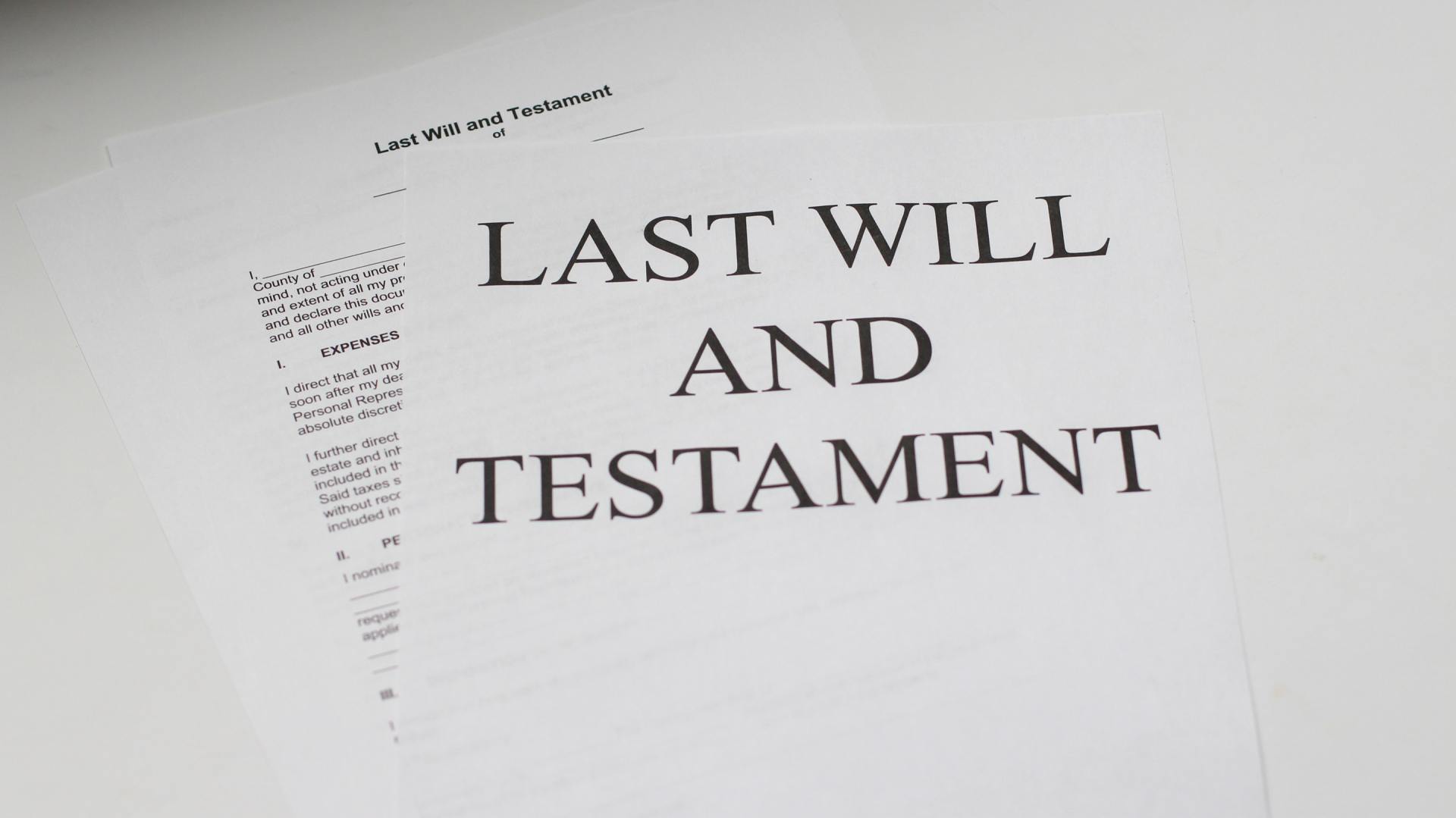Understanding the Role of Executor to a Will
What is the difference between an administrator and an executor?
Following the death of a loved one, it is important to identify the executor or administrator responsible for handling their estate (i.e. the deceased’s assets and finances). Understandably, many people do not understand how to identify the executor, their role, and their legal duties. For this reason, it is important to seek guidance from a family law Solicitor if you are placed into this role and you need support to ensure the proper and complete handling of the deceased’s estate. In this article, we will discuss the difference between an executor and an administrator, how to identify the executor and the duties and tasks of an executor.
What is the difference between an administrator and an executor?
We are commonly asked to explain the difference between an administrator and an executor. Both are ‘personal representatives’ of the deceased and have the authority to handle their property and their finances (also referred to as the deceased’s estate). The difference is that executors are appointed in a will, whereas administrators act as personal representatives if there is no will.
What is the job of an executor or administrator?
The role of the personal representative (PR) (i.e. the executor or administrator) is to administer the estate of a person who has died. In accordance with section 25 of the Administration of Estates Act 1925 (AEA 1925), PRs are required to collect and administer the estate, including:
- Identifying the liabilities and assets of the deceased
- Obtaining payment of any debts due to the deceased.
- Gaining control of the assets.
- Converting assets into money if required
- Safely maintaining the assets safely
- Paying any debts of the deceased, including inheritance tax
- Determining the remaining (residuary) estate and ensuring it is properly distributed according to the will (or the rules of intestacy if there is no will)
All PRs have a statutory duty of care, meaning that they must, according to the Trustee Act 2000, “exercise such care and skill as is reasonable in the circumstances, having regard in particular to any special knowledge or experience that he has or holds himself out as having, and if he acts as trustee in the course of a business or profession, to any special knowledge or experience that it is reasonable to expect of a person acting in the course of that kind of business or profession”.
Before taking on these duties, the executor or administrator must apply for a grant of probate.
What is a grant of probate?
A grant of probate gives an administrator or executor the legal right to handle the estate of a deceased person, including their assets, property, money and possessions when they die. Probate is not always required, however, especially if property within the estate was in joint ownership. You will be able to apply for probate if you are named in the will of the deceased or if there is no will and you are the closest living relative of the deceased person.
It is important to note that even if a will provides the name of an executor, it is the grant of probate which provides the full legal authority to administer the estate.
Identifying the executor
If there is a will, it will normally contain the name of the person who the testator wished to handle their affairs on their death. This is referred to as an ‘express appointment’. It may be that the will specifies more than one executor; however no more than four people can apply for probate. If the named executor is unwilling or unable to execute their duties, they can nominate another PR to carry out this role (e.g. a private client Solicitor). If an executor is unable to apply for probate due to a mental health condition or impairment, it is first necessary for their doctor to complete form PA14 outlining the medical circumstances – this must be done before applying for probate. In this case, the will may specify a substitute who can handle their affairs. If not, a court-appointed deputy, a person with power of attorney, or a beneficiary of the will can be appointed.
If there is no will, the administrator is typically the closest living relative of the deceased person (i.e. their spouse, civil partner or children over 18 years). It is important to note that unmarried partners cannot apply for probate. If there is no living husband, wife, civil partner or children, the role of executor can be carried out by a more distant family member (e.g. aunt/uncle). And ultimately, if there are no remaining family members at all, the estate goes to the Crown.
Final words
If you have been named as an executor in a will or you are taking on the role of an administrator if your loved one died without a will, it is important to understand your legal duties and the tasks you will need to complete. If they had a will, having a solid understanding of the process will ensure that their estate is handled according to their wishes, there is no potential for a future dispute, and you can be confident that you have faithfully fulfilled your legal duties.
For a free consultation to discuss the role of executor or administrator following the death of a loved one, please call our understanding and caring family law team on 0208 300 6666.

















